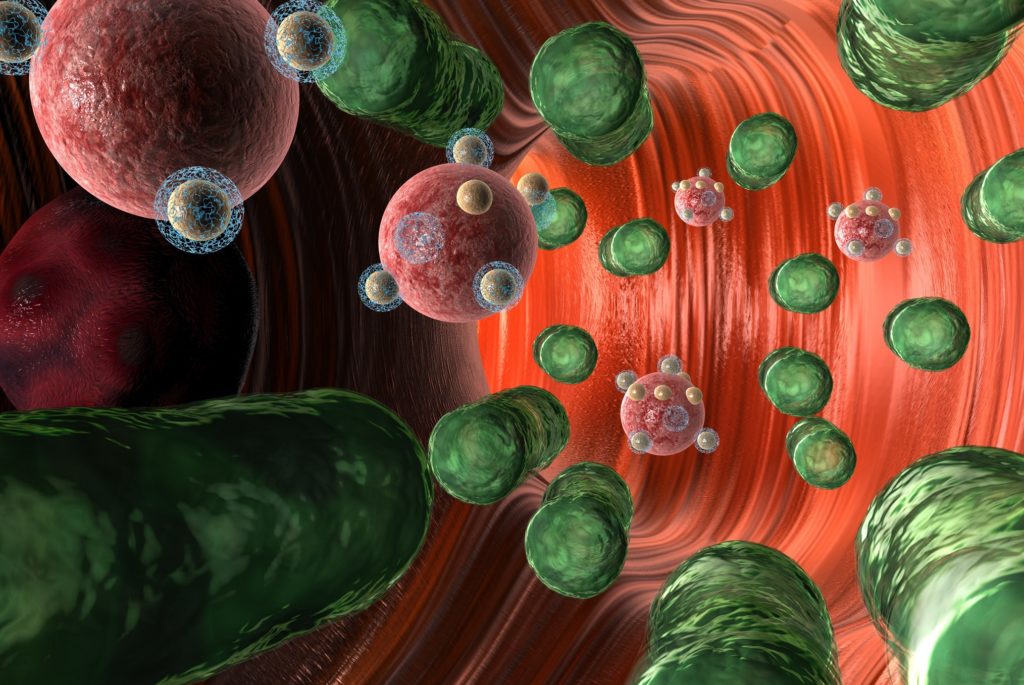Unknown strain of bacteria inhibits the growth of drug-resistant pathogens
Researchers have now discovered in the soil of Ireland a previously unknown strain of bacteria, which is against four of the six major so-called super-pathogens that are already resistant to antibiotics.
The scientists from the Swansea University Medical School noted in their investigation that the special soil of Ireland contains a strain of bacteria, which could in future be used to combat antibiotic-resistant pathogens. The doctors published the results of their study in the English-language scientific journal “Frontiers in Microbiology”.

WHO warns of drug-resistant super pathogens
Against antibiotic-resistant Superbugs could cost, according to recent studies up to the year 2050 in Europe, around 1.3 million people. The world health organization (WHO) referred to the Problem as one of the greatest threats to global health, food security and development in the present time.
How were samples of the investigated soil?
The floor, which the experts analyzed, came from a field in Fermanagh in Northern Ireland, which is also known as the Bohemian Highlands. It is an area of alkaline grassland and the soil supposedly has healing properties. The search for alternative antibiotics to combat multi-drug resistance prompted the researchers to investigate new sources.
Growth of gram-positive and gram-negative bacteria was inhibited
Traditionally it has been earlier wrapped up in the Bohemian Highlands, a small amount of earth in a cotton cloth and for the treatment of numerous diseases, such as tooth pain, neck and Rachinfektionen used. The physicians examined samples of the healing properties of this area, taken to the ground. In the process, they were able to determine that the growth of four of the six most important multidrug-resistant pathogen was inhibited by the bacteria in the soil. The new strain of bacteria is by scientists as Streptomyces sp. Myrophorea. Through the earth, both gram-positive as well as gram-negative bacteria were inhibited, which differ in the structure of their cell wall. In General, the so-called gram-negative bacteria more resistant to antibiotics, scientists say. It is not yet clear which part of the new tribe, the growth of the pathogen is prevented, but the team of researchers investigated this already.
Other traditional remedies should be examined more closely
This new strain of bacteria is effective against four of the six most common pathogens that are resistant to antibiotics, including MRSA. This discovery is the resistance is an important step in the fight against antibiotics, explains study author Professor Paul Dyson, of Swansea University. The results show that Folklore and traditional medicinal products should be taken into account in the search for new antibiotics. Scientists, historians and archaeologists can all contribute their part to this task. It seems that part of the answer to this very modern Problem could lie in the wisdom of the past, adds the expert.
Further research is needed
The discovery of antimicrobial substances from Streptomyces sp. myrophorea will hopefully help in the search for new drugs for the treatment of multi-resistant bacteria, which are the cause of many dangerous and deadly infections. The doctors want to now focus on the cleaning and identification of these antibiotics. There is also additional anti-were discovered bacterial organisms in the soil, which could cover a wider range of multi-resistant pathogens. (as)
